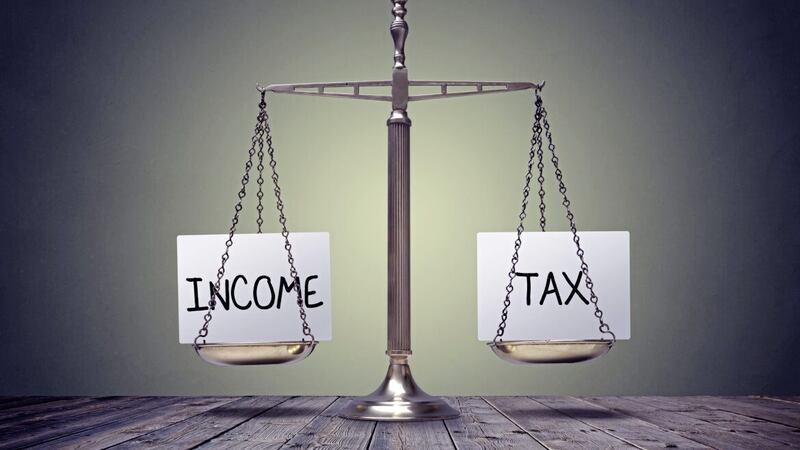QUESTION: I know that my second personal tax Payment on Account was due on July 31 (yesterday) for the tax year 2021/22. Back in January my accountant advised me of my payment for the end of July but suggested that I could reduce the payment if my business profits have reduced in comparison to last year. What are the implications if I do not pay the full amount due?
ANSWER: If you earn anything outside of PAYE, you may need to make two payments on account every year in respect of your personal tax position. The first of these is due by January 31 – and it’s the one that people tend to remember. After all, at this stage in the year you’re thinking more about tax as you submit your Self-Assessment. By summertime, however, tax can feel like a distant memory – which is why a lot of people forget about their second payment on account due in July.
Payments on account are 50 per cent of an individual’s net tax liability for the previous year and are used to “prepay” the tax liability due for that relevant tax year. These payments are due to be made on the 31st January and 31st July each year. All individuals are liable to make these payments unless their net tax liability payable is less than £1,000 or 80 per cent of the tax due for the tax year was deducted at source.
If your taxable income and subsequent tax liability for the 2021/2022 tax year is likely to be significantly less than 2020/2021, you can make a claim to reduce your payments on account. The amount by which you reduce your payments should reflect your estimation of your tax liability for the 2021/22 tax year, which is due to be paid by January 31 2023.
However, if it is later found that you have reduced the payments on account by too much, you will be liable to pay interest on the difference between the amounts paid as payments on account and the amount actually due. Equally, if you have underestimated the fall and paid too much, you will be due a refund and will receive an interest supplement.
Getting your information to your accountant early to allow them prepare your accounts and tax return for the tax year 2021/22 prior to July 31 2022 will enable them to calculate what your actual tax liability will be for tax year 2021/22 and therefore advise you on whether to reduce your payments on account or not.
Filing you tax return early (before the January deadline) will mean you should receive any tax refund you may be due soon after submission. In instances where you think you have overpaid tax, be sure to get your return in as promptly and early as possible. That way you can obtain your refund sooner. Filing your tax return results in a tax liability calculation and presents you with the total tax bill you owe to HMRC. In that sense doing so earlier means you can plan and give yourself more time for setting money aside for payment. This then allows you to better manage your cash flow and finances.
If you cannot afford to pay the July 31 2022 instalment in full by the due date, then you should contact HMRC as they may be able to give you more time to pay.
:: Feargal McCormack (f.mccormack@fpmaab.com) is partner at FPM Accountants (www.fpmaab.com). The advice in this column is specific to the facts surrounding the question posed. Neither the Irish News nor the contributors accept any liability for any direct or indirect loss arising from any reliance placed on replies.








